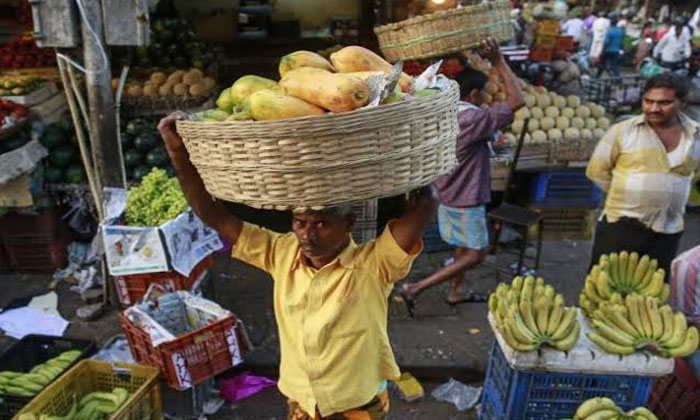The common man is now feeling the heat of price rise and overall economic slowdown as an IANS-CVoter survey shows that 65.8 per cent respondents are saying they are currently facing difficulty in managing their daily expenses. The pre-Budget survey comes as a crude reality and a reflection of the current economic indicators on the ground, as wages have stagnated while prices of essentials, including food items, have surged in the past few months. Not to forget, unemployment rate released last year shows that it is at a 45-year high. Interestingly, the sentiment was at the same level as in 2014, in the UPA era. About 65.9 per cent people then had said that they were unable to manage their expenses. The mood of the people now, however, is subdued in comparison to 2015, when around 46.1 per cent people felt that they were feeling the pressure to manage their daily expenses. But even in 2015, the majority view remained the same as now.
What is worrisome is that the outlook for the current year shows a substantial jump in negativity. This shows that people are not seeing any improvement in their quality of life in 2020 as they remain negative about the prospect of the economy and their well-being. The survey shows that 30 per cent of the respondents feel that although expenses have gone up, they are still manageable. This number is a big drop from 2019 when over 45 per cent felt that they would be able to manage their expenses despite economic headwinds. Another 2.1 per cent people, although a miniscule segment, said that their expenditures have declined and the same number of respondents did not have an opinion on the matter. According to official data, retail inflation in December touched a 65-month high of 7.35 per cent due to massive rise in food prices.

Another question posed to the 4,292 respondents showed about 43.7 per cent of them saying that despite income remaining the same, expenditures have gone up, while the heat was more on another 28.7 per cent as their income declined as expenditure rose. The survey comes as an eye-opener for the government ahead of the Union Budget scheduled on February 1. As the economy has slowed down significantly, with the GDP for the July-September quarter touching a six-year low of 4.5 per cent, there have been demand for giving a push to consumer sentiments. Lower personal income tax has also been demanded, in line with the government”s recent announcement of corporate tax cut.
Reduction in personal tax would be a major factor in enhancing people”s disposable income. The survey was carried out in 11 national languages across all states and Union Territories in the third and fourth week of January 2020.
IANS













